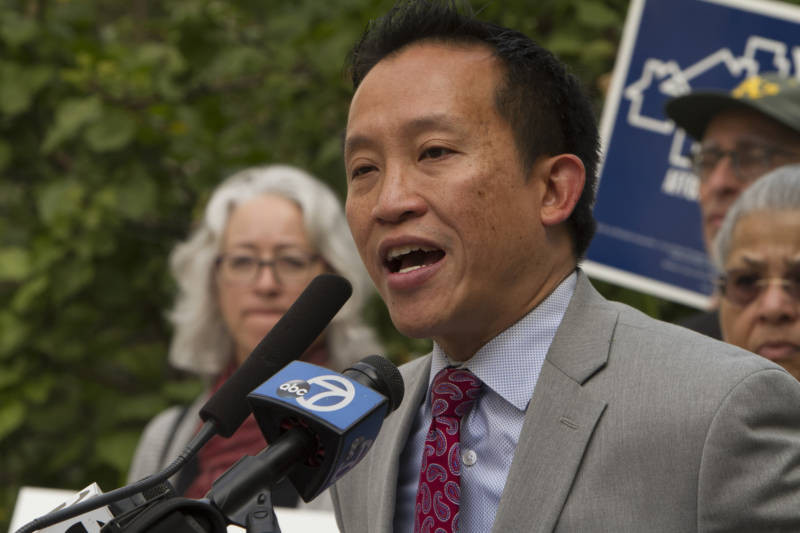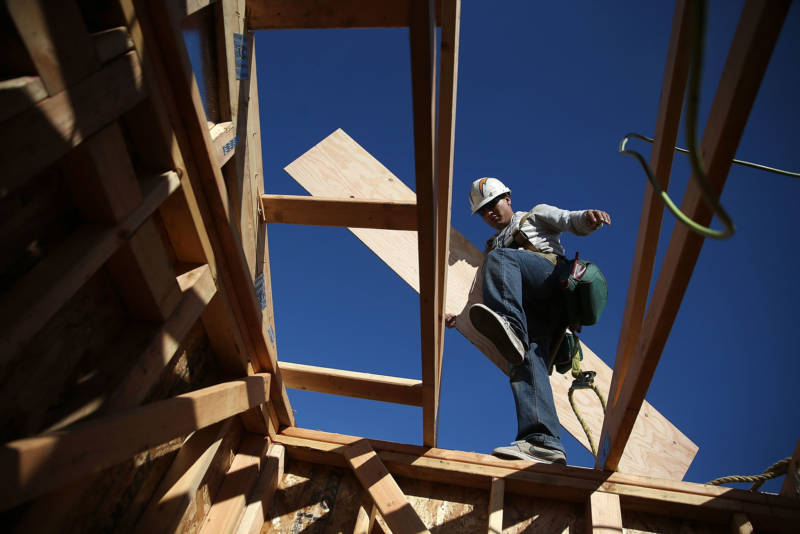A bill to bring back redevelopment agencies — a controversial tool used to fund affordable housing at the local level — has stalled in the California Legislature.
The legislation would have created a new version of the program that was generating around $1 billion a year in so-called “tax increment financing” for affordable housing when it was eliminated in 2011.
But prospects for the passage of “redevelopment 2.0” turned bleak when Gov. Gavin Newsom came out against the idea, even after he embraced it during his 2018 gubernatorial campaign.
On Tuesday, Assemblyman David Chiu, D-San Francisco, said that he was holding his redevelopment legislation, Assembly Bill 11, until next year.
Chiu’s bill would have allowed cities and counties to designate a redevelopment zone, and, with state approval, redirect any new property tax money created in the zone toward infrastructure and affordable housing.

Unlike the previous version of redevelopment, Chiu’s bill was not focused on economic development projects, which became political targets after examples of waste and abuse emerged.
Gov. Jerry Brown moved to end the program upon taking office during the Great Recession. In late 2011, a state Supreme Court ruling led to the dissolution of redevelopment agencies.
AB 11 would have made the state responsible for backfilling the property tax dollars that currently go to California schools and would have been redirected to brick-and-mortar projects.
